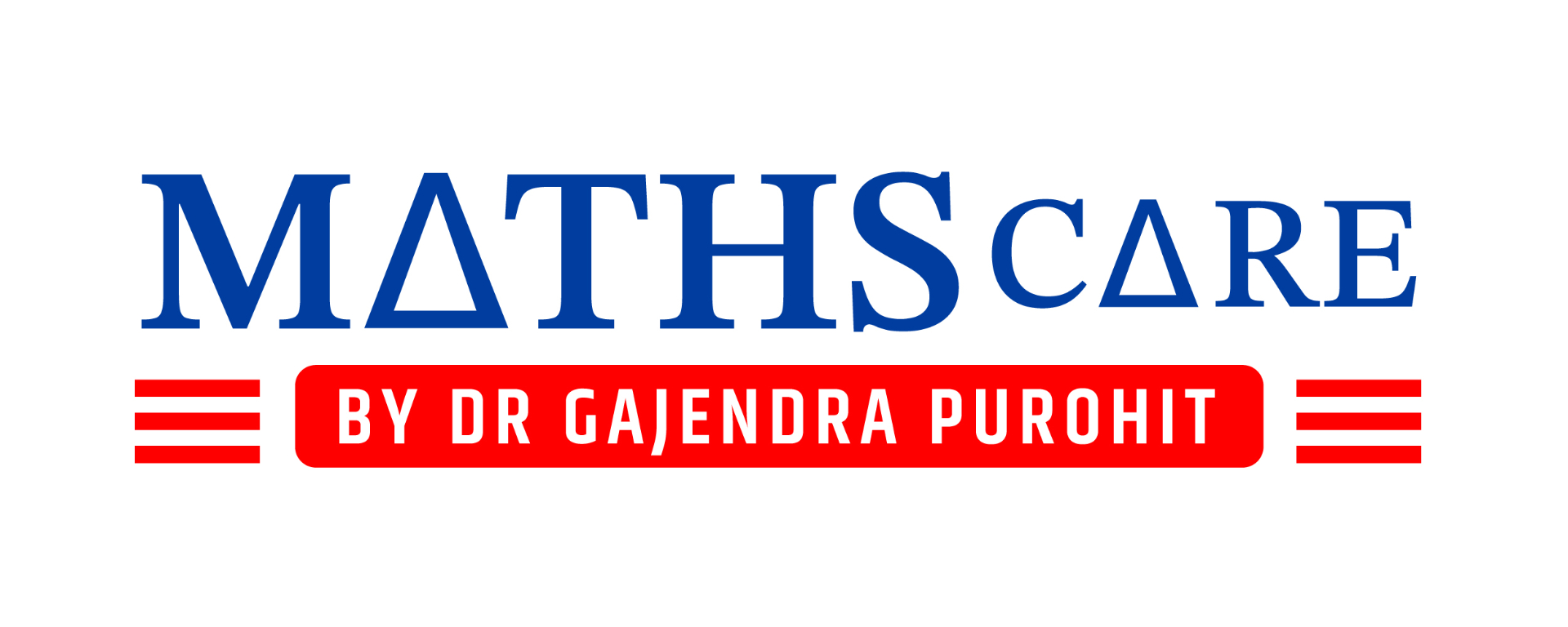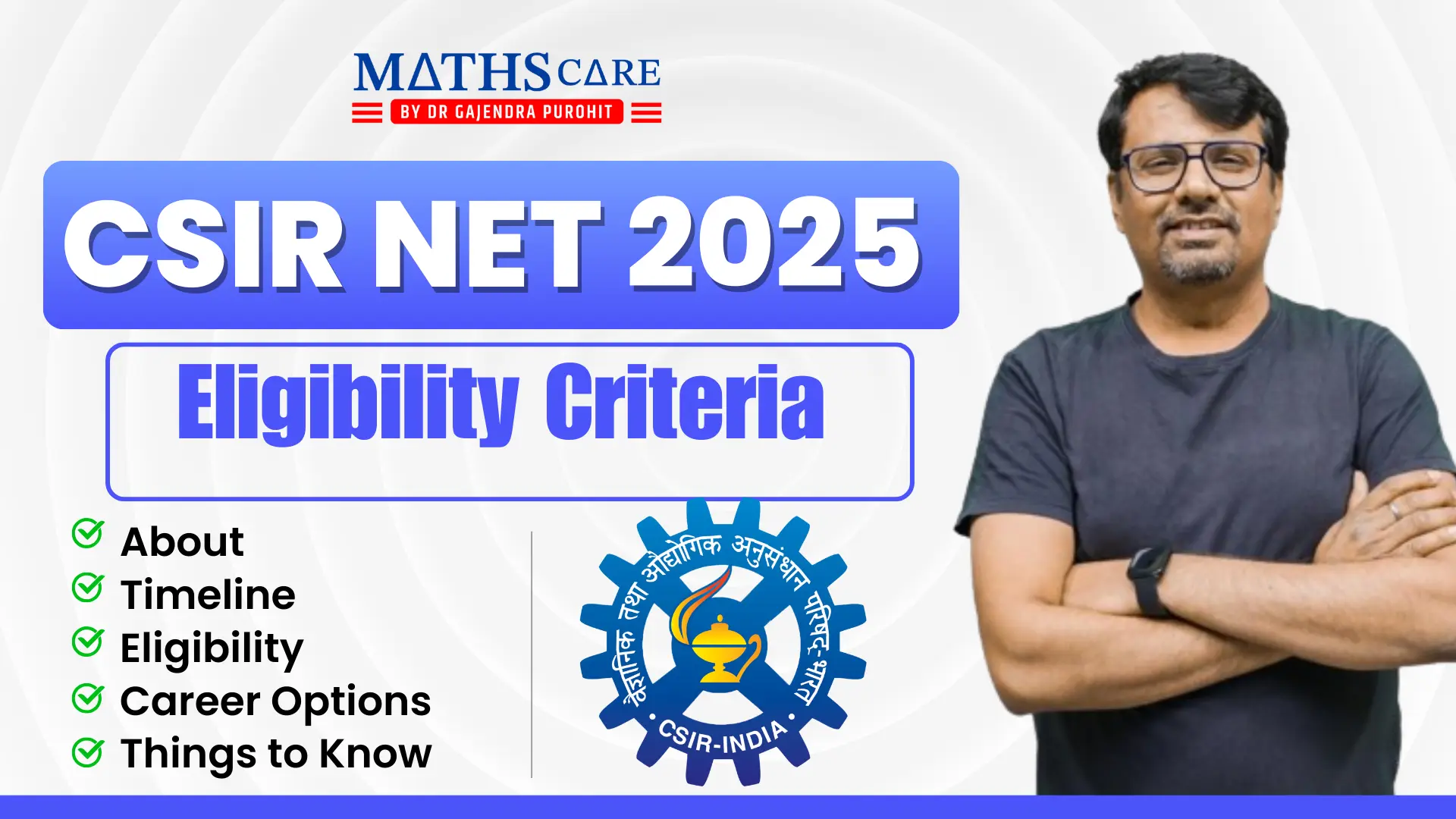UGC NET 2024 Results Out Now – Detailed Insights
The UGC NET (University Grants Commission National Eligibility Test) June 2024 results are officially out, bringing relief and excitement to thousands of candidates. Conducted by the National Testing Agency (NTA), UGC NET determines eligibility for Junior Research Fellowship (JRF) and Assistant Professorship in Indian universities and colleges. The UGC NET 2024 exam is an important milestone for those seeking a career in research and academics. This blog provides a comprehensive overview of eligibility, syllabus, exam pattern, category-wise cutoffs, what to do next, and the career opportunities available for those who qualify.

Eligibility for UGC NET 2024
To appear for UGC NET 2024, candidates must fulfill specific eligibility criteria. These requirements ensure that only qualified individuals compete for the Junior Research Fellowship and Assistant Professor positions.
Educational Qualification: Candidates must possess a master’s degree or an equivalent qualification with a minimum of 55% marks (50% for reserved categories such as SC, ST, PwD, and transgender) from a recognized university. This eligibility criterion applies to all subjects covered under UGC NET, including Humanities, Social Sciences, Computer Science, and more. Candidates in the final year of their postgraduate degree may also apply, provided they submit their degree proof within the specified timeframe.
Age Limit:
For Junior Research Fellowship (JRF), the upper age limit is 30 years as of the examination date. Age relaxations of up to 5 years are available for candidates belonging to OBC-NCL, SC, ST, PwD, and female categories.
For Assistant Professorship, there is no age limit, making the UGC NET exam accessible to candidates of all ages aspiring to build a career in teaching and research.
Nationality: The UGC NET is open to Indian nationals and international candidates who meet the qualification requirements.
These eligibility criteria ensure that candidates have the required foundational knowledge and qualifications to pursue advanced research and teaching careers.
UGC NET 2024 Syllabus Overview
The UGC NET syllabus is extensive and covers 83 subjects. It is divided into two papers, each serving a different purpose:
Paper 1 (General Paper): This is a common paper for all candidates and focuses on teaching and research aptitude. It covers topics such as comprehension, reasoning ability, data interpretation, communication skills, and general awareness. The aim is to assess the candidate’s general ability to teach and conduct research, which is crucial for careers in academia.
Paper 2 (Subject-Specific Paper): This paper is based on the subject chosen by the candidate during registration. Each subject has a specific syllabus, covering topics that test the candidate’s in-depth knowledge of the field. Popular subjects include English, Commerce, History, Management, Sociology, Computer Science, Economics, Political Science, and many more. Candidates are advised to thoroughly review the subject-wise syllabus to understand the topics covered in Paper 2.
Preparing for both Paper 1 and Paper 2 is essential to secure a good score in the UGC NET 2024 exam.
Exam Pattern of UGC NET 2024
The UGC NET exam pattern is designed to evaluate the candidates’ teaching and research aptitude, along with subject-specific knowledge. Here’s a breakdown of the exam structure:
Paper 1: This paper consists of 50 multiple-choice questions (MCQs), each carrying 2 marks, totaling 100 marks. The questions are designed to assess the candidate’s general teaching and research skills, including logical reasoning, data interpretation, and analytical abilities.
Paper 2: It consists of 100 multiple-choice questions, each carrying 2 marks, totaling 200 marks. The questions are based on the subject chosen by the candidate and cover in-depth knowledge related to the subject.
Duration: The total time allotted for both papers is three hours, with no break in between.
Marking Scheme: There is no negative marking, making it advantageous for candidates to attempt all questions.
Candidates must focus on time management and practice solving a variety of questions to perform well in the UGC NET 2024 exam.
UGC NET 2024 Cutoffs: Analyzing the Trends
The UGC NET 2024 cutoffs have been released, and they vary based on the subject, category, and the number of candidates who appeared for the exam. The minimum qualifying marks are:
General Category: Candidates must secure at least 40% aggregate marks across both papers.
OBC-NCL, SC, ST, PwD, Transgender: Candidates in these categories need to achieve a minimum of 35% aggregate marks across both papers.
However, the actual cutoffs for UGC NET 2024 are generally higher than the minimum qualifying marks due to the competitive nature of the exam. The UGC NET cutoffs are released separately for JRF and Assistant Professorship. For popular subjects like English, Commerce, and Management, the cutoffs tend to be higher due to the large number of candidates appearing for these exams. Understanding the trends in UGC NET 2024 cutoffs can help candidates set realistic goals for their preparation.
Category-Wise Cutoffs for UGC NET 2024
The UGC NET 2024 results also provided detailed category-wise cutoffs for various subjects. Here is an overview:
General Category: The cutoffs for popular subjects ranged between 180 to 220 marks out of a total of 300 marks for JRF eligibility. For Assistant Professorship, the cutoffs were slightly lower.
OBC-NCL: The cutoffs for candidates in the OBC-NCL category usually ranged between 160 to 190 marks, depending on the subject.
SC/ST Category: The cutoffs for SC/ST candidates were relatively lower, typically falling between 140 to 180 marks.
PwD and Transgender Categories: The cutoffs for these categories were generally the lowest, ensuring fair representation.
Category-wise cutoffs are crucial for candidates to understand where they stand in the competition and how they can improve for future attempts.
What to Do Next After UGC NET Results?
After the UGC NET 2024 results are declared, the following steps should be taken by the candidates:
Download the UGC NET Certificate: Qualified candidates can download their e-certificates from the NTA website. This certificate serves as proof of eligibility for JRF or Assistant Professorship.
Apply for JRF, Ph.D., or Teaching Positions: Candidates who qualified for JRF can apply for Ph.D. programs or Junior Research Fellowship positions at various universities and research institutions. Those eligible for Assistant Professorship can start applying for faculty positions in colleges and universities.
Plan for the Next UGC NET Exam: If you did not qualify, analyze your scorecard to identify weak areas. Begin preparing for the next cycle, as the UGC NET is conducted twice a year, providing ample opportunity to improve.
Taking these steps will help candidates utilize their qualification effectively and plan their next move in academia or research.
Career Opportunities After Qualifying UGC NET
Qualifying the UGC NET opens numerous career opportunities in the academic and research fields. Here are some of the career paths available:
Junior Research Fellowship (JRF): Qualifying for JRF allows candidates to receive financial support while pursuing their Ph.D. programs. The fellowship provides a monthly stipend for up to five years, enabling candidates to focus entirely on research.
Assistant Professorship: Candidates who qualify for Assistant Professorship can apply for teaching positions in universities, colleges, and other educational institutions. UGC NET qualification is highly regarded for academic careers, allowing candidates to teach undergraduate and postgraduate students.
Ph.D. Programs: Many universities consider UGC NET qualification as a prerequisite for admission to their Ph.D. programs. This makes the qualification an essential step for those planning to pursue a career in research.
Public Sector Jobs: Various public sector undertakings and research organizations recognize UGC NET qualification for job positions related to academics and research.
These opportunities ensure that qualified candidates can build a rewarding career in academia and research.
Conclusion
The UGC NET 2024 results mark a significant milestone for candidates aiming to pursue careers in academics and research. With varying cutoffs across categories and subjects, understanding the trends and focusing on preparation strategies are crucial. For those who qualified, it’s time to explore career opportunities and plan for the next steps, such as applying for teaching positions, JRF, or Ph.D. programs. If you didn’t qualify, don’t be discouraged; there are always more opportunities to improve and achieve your goal. With the right approach and consistent preparation, success in UGC NET is within reach.
CSIR NET FAQS
What is the NET UGC exam for?
The National Testing Agency (NTA) conducts the UGC-NET to determine eligibility for Assistant Professor roles and Junior Research Fellowships in Indian universities.
How do I qualify for UGC NET?
UGC NET Eligibility Overview:
Age Limit: 30 years for Junior Research Fellowship; no age limit for Assistant Professorship.
Educational Qualifications: Master’s degree or equivalent with a minimum of 55% marks (50% for SC/ST/PwD/Transgender candidates).
Is NET is compulsory for PhD?
National Eligibility Test (NET) scores will be valid for PhD admissions for one year. This means that candidates will no longer need to take multiple entrance exams
What is the difference between CSIR NET and UGC NET?
CSIR NET focuses exclusively on science subjects like Life Sciences, Physical Sciences, Chemical Sciences, Mathematical Sciences, and Earth Sciences. It is conducted for awarding Junior Research Fellowships (JRF) and Lectureships in science disciplines.
UGC NET, on the other hand, covers a broader range of subjects across humanities, social sciences, and other non-science disciplines. It is conducted for both Junior Research Fellowships (JRF) and Lectureships in various fields, including arts, commerce, and education.
Is UGC NET easy to pass?
The Joint CSIR UGC NET exam is conducted to determine the eligibility of Indian nationals for Junior Research Fellowship (JRF) and Lectureship (LS)/Assistant Professor roles in Indian universities and colleges, subject to fulfilling UGC criteria.
What is the age limit for PhD?
There is no specific age limit for pursuing a PhD, making it accessible to candidates at any stage of their academic journey.
BEST OFFERING COURSES FOR YOU
BEST BOOKS FOR IIT JAM/ CSIR-NET
BUY BOOKS ON OUR APP
RECENT POSTS










